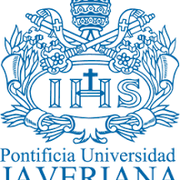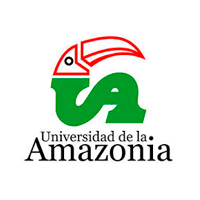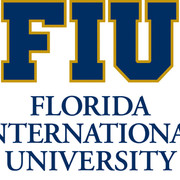Biodiversity and cultural diversity have had a structural evolution and their process is what has allowed the planet to be habitable. The indigenous populations, especially in the Amazon, identify ourselves with two aspects: biodiversity and culture. Under the perspective of our populations, a territory without culture, is a territory without biodivesity, with greater environmental degradation; the more the culture is protected, the greater the conservation of biodiversity, the greater preservation of nature.
In this way, it is our ancestral cultures that through knowledge, innovations, traditional practices and the relationship with the territory, which have contributed to the conservation and sustainable use of biodiversity; that is why the richest areas in biodiversity are within our territories, and represent a strategic value in the socio-economic development itself and in the contribution to the development of all humanity.
Thus, traditional knowledge is a consubstantial factor to the territory, to the governability of the territory and life itself. In reality, they are our raison d'etre, guarantee our community identity and must have protection mechanisms from the legality.
In this way, I present the history, social organization and behavior of the Andoke People of Aduche, as an example of a people who have achieved their cultural survival, guaranteeing the conservation of nature and cooperation with their own sustainable production activity.
The tools that support the legal protection of indigenous traditional knowledge and factors that are part of the spaces in the construction of identities within pluricultural and multicultural nations are analyzed, as it is in this case, Colombia.
Partner
Movimiento Altenativo, Indígena y Social (MAIS)
Grupo de investigación Historia, Ambiente y Política -HIAMPOL- Historia Ambiental, Ecología Política y Geografía Histórica
Universidad Nacional de Colombia – Sede Amazonia
Iniciativa para la Conservación en la Amazonia Andina (ICAA). Socios para la Conservación de la Biodiversidad de la Amazonia Colombiana. U. de la Florida. U. Javeriana. U. de la Amazonia. U. Nacional. USAID.
Fundación Tropenbos Colombia
Grupo de Investigación en Derechos Humanos y Sostenibilidad -GIDHS-
Cátedra UNESCO de Sostenibilidad - UPC
Asesora de la Organización Nacional Indígena de Colombia (ONIC)
Asesora de la Organización de Pueblos Indígenas de la Amazonia Colombiana (OPIAC)
Acompañante en procesos locales, regionales y nacionales de las Organizaciones Indígenas de la Amazonia colombiana.
Universidad Autónoma de Barcelona -UAB-
Facultad de Ciencias Políticas
Intercambio en el Pregrado











Comments